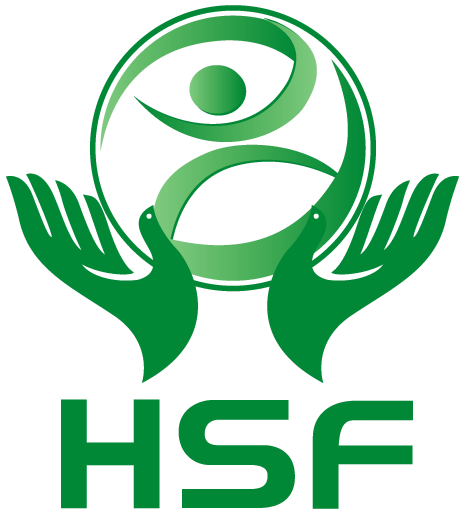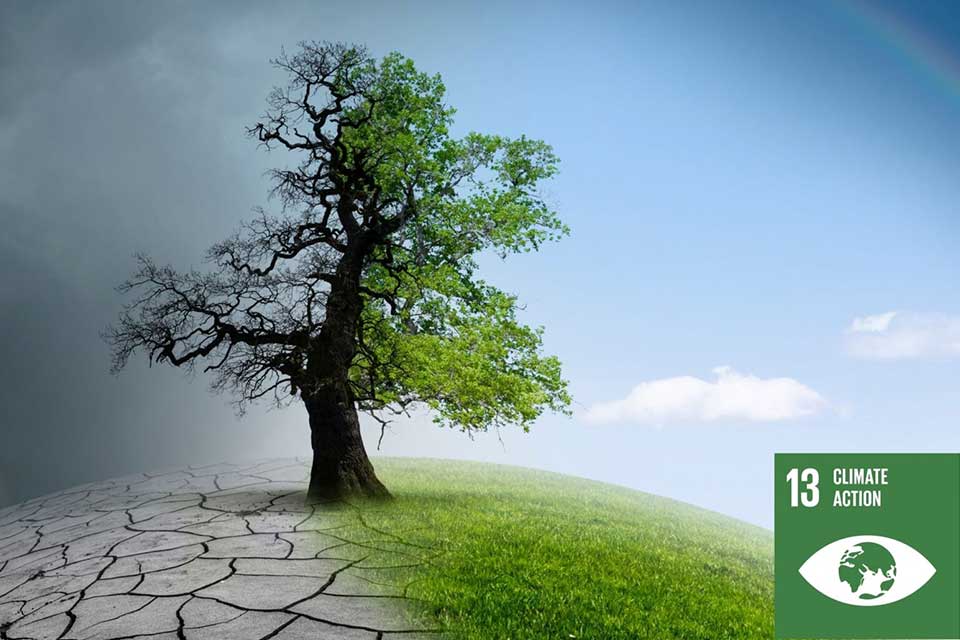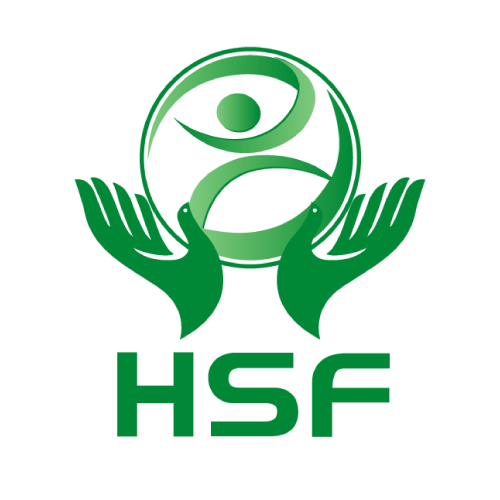Bangladesh, a rapidly developing South Asian nation, stands at a critical crossroads in its journey toward sustainable development. With an economy that has shown resilience and significant progress over the last few decades, the country now faces pressing challenges due to its large population, vulnerability to climate change, and the pressures of urbanization. Sustainable development for Bangladesh means forging a pathway that balances economic growth, environmental preservation, and social equity to secure a resilient future for its citizens.
Fostering Inclusive Economic Growth
Economic growth has recently transformed Bangladesh, particularly through its ready-made garments (RMG) sector, remittances, and agriculture. However, translating economic gains into sustainable progress requires more inclusive approaches. The Vision 2041 initiative aims to elevate Bangladesh to a high-income status, but equitable policies are essential to ensure these benefits are widespread. For instance, promoting small- and medium-sized enterprises (SMEs) can spur job creation, diversify the economy, and encourage rural development. Bangladesh can build a more resilient and inclusive economy by focusing on education, skill development, and employment opportunities, especially for marginalized communities.
Tackling Climate Change and Enhancing Environmental Resilience
Bangladesh is highly vulnerable to climate change, facing recurring natural disasters such as cyclones, floods, and rising sea levels. Addressing these environmental challenges is integral to the country’s sustainable development. Bangladesh has proactively implemented the Bangladesh Delta Plan 2100, which emphasizes adaptive water management, coastal defenses, and ecosystem restoration. The promotion of renewable energy, such as solar and wind, also plays a crucial role in reducing greenhouse gas emissions and protecting environmental resources. Embracing green infrastructure, enforcing stricter environmental regulations, and fostering community resilience are necessary steps to mitigate the impacts of climate change.
Social Equity and Quality of Life
Sustainable development in Bangladesh must prioritize social equity, ensuring that the benefits of progress reach all citizens. Expanding access to quality healthcare, education, and social protection is fundamental to improving living standards. The government has made strides in improving healthcare services, aiming for universal healthcare to increase life expectancy and reduce mortality rates. Education reforms, especially in rural and underserved areas, can further boost literacy rates, empower youth, and promote gender equality. Enhancing opportunities for women in education, healthcare, and economic participation is particularly critical, as gender equality strengthens communities and accelerates sustainable development.
Sustainable Urbanization and Infrastructure Development
With an increasing urban population, Bangladesh’s cities face mounting challenges, including inadequate infrastructure, pollution, and unplanned settlements. Sustainable urban planning, such as the development of smart cities and improved public transportation, can address these issues and reduce environmental strain. Initiatives in waste management, air quality monitoring, and energy-efficient buildings can help make cities more livable and sustainable. Enforcement of zoning regulations, promoting green spaces, and supporting renewable energy are key to building resilient urban centers.
Leveraging Technology and Innovation
Technology and innovation have the potential to drive sustainable development by boosting efficiency and reducing resource strain. In agriculture, for example, precision farming can help farmers improve crop yields and reduce waste, while digital tools can assist in monitoring climate data and managing resources. Expanding access to information and communication technologies (ICT) can create economic opportunities, especially for youth, and enhance resilience against economic shocks. Telemedicine, e-learning, and e-governance can improve access to essential services in remote areas, helping to bridge the rural-urban gap.
Bangladesh’s pathway to sustainable development hinges on a comprehensive strategy that integrates economic, environmental, and social dimensions. The government’s commitment, through Vision 2041 and the Sustainable Development Goals (SDGs), provides a guiding framework for this transformation. By investing in climate resilience, promoting social equity, and embracing technology, Bangladesh can foster a sustainable, inclusive, and resilient future. Through dedicated efforts and collaborative approaches, Bangladesh is poised to overcome challenges and achieve lasting development that benefits both its people and the environment.







